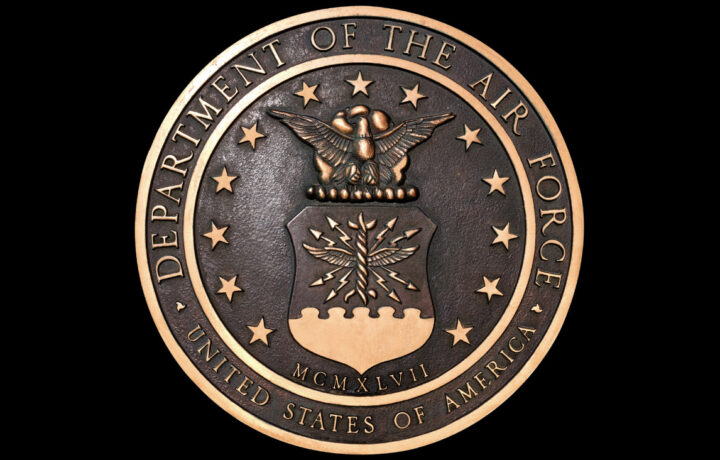This month, the United States Air Force graduates its first 30 warrant officers from the service’s Warrant Officer Training School. The Air Force reintroduced the corps earlier this year to address the “critical operational needs” to maintain and leverage the experience and capabilities of warrant officers as a strategic advantage in this renewed era of Great Power Competition.
“This class has come to an important milestone but the task they have before them, is even more important,” said Secretary of the Air Force Frank Kendall. “And as going on into the Air Force and establishing the value that [warrant officers] bring to our service, and I am absolutely confident that you’re going to go do that … you’re ready to go do that, the school has prepared you well, there’s going to be others behind you, but you’re going to be the first.”
The U.S. Air Force’s new warrant officers are scheduled to report to their duty stations in early 2025. The next class of warrant officers is expected to graduate in March 2025.
The role of the Commissioned Officer
While the U.S. Air Force once again has warrant officers in its ranks, the U.S. Army, U.S. Navy, and United States Marine Corps have long maintained a cadre of warrant officers. It’s typically a relatively small but vital group of technicians and specialists.
As the DoD explained, “These Servicemembers ordinarily do not assume typical officer command responsibilities and their careers emphasize depth rather than breadth of experience, in contrast to commissioned officers. The status and duties of these experts, trainers, and specialty managers have grown and otherwise changed since their grades were established around 1920. Today, they can be found advancing within military careers such as aviation, physicians’ assistant, nuclear weapons, and administration.”
Some warrant officers also entered directly from civilian life – such as helicopter pilots – and most were promoted from the upper enlisted ranks.
The origin of warrant officers dates back to medieval England, and more specifically the English Navy – the predecessor to the modern Royal Navy. Warrant officers received the designation by virtue of their accrued experience or seniority, and received the rank by warrant rather than formal commission. However, warrant officers were still distinct – and typically above – non-commissioned officers.
In the United States military, warrant officers are grades W-1 to W-5, and are ranked as officers above the senior-most enlisted ranks, as well as officer cadets and officer candidates, but below the officer grade of O-1. Warrant officers are also typically highly skilled, single-track specialty officers.
The Air Force’s Warrant Officers
The air service noted that “historically, warrant officers served as technical experts and advisors but were phased out in 1959 as enlisted personnel and commissioned officers absorbed many of their duties. These reinstated warrant officers will support operations in specialized domains such as cyber, intelligence, and space.”
The Air Force’s warrant officers are now expected to bridge the gap between enlisted personnel and commissioned officers – where they will mentor enlisted members, but also assist in implementing commanders’ directives. In addition, the warrant officers will help ensure a mission’s success by providing their unique skills in increasingly specialized and complex operational environments.
The first class of warrant officers recently completed an eight-week training program that covered leadership development, advanced technical skills, operational integration, and mentorship. According to the Air Force, the curriculum at the Warrant Officer Training School included coursework specific to their technical fields, including cyber operations, intelligence analysis, and space mission planning. The coursework also focused on general training in problem-solving and strategic planning.
“Those skills will serve you well as you blaze a trail for all future warrant officers in the Air Force,” Maj. Nathaniel Roesler, WOTS commandant, said. “We’ll need your technical expertise, and we’ll need your leadership, your humility, and your continued dedication to excellence.”
The inaugural cohort of U.S. Air Force warrant officers will help set the standard for future generations to go through the training school, helping to ensure the Air Force remains ready to meet any challenge.



